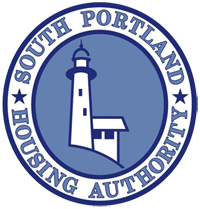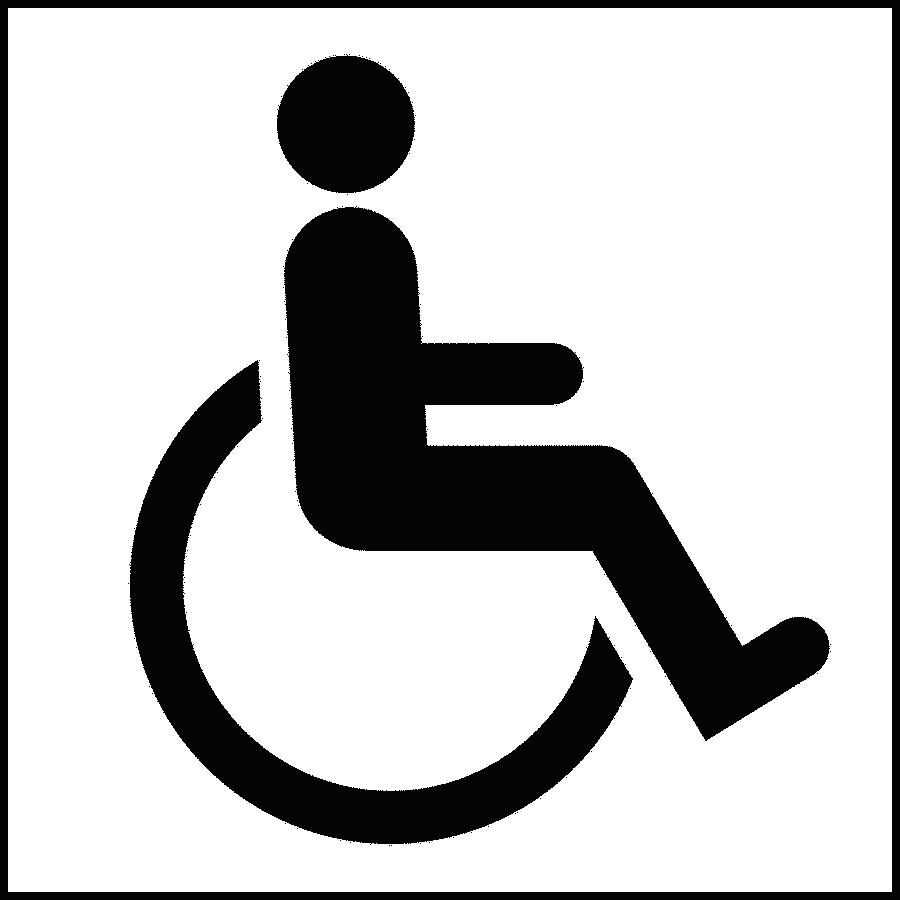

Section 8/HCV Landlord Info
Who provides funding for the HCV program?
The US Department of Housing and Urban Development (HUD) provides rent subsidies to eligible low-income individuals and families under the HCV program. Housing Authorities throughout the United States enter into a contract with HUD so they can administer the program on a local level. If a landlord participates in the HCV program the administering housing authority sends a payment for a portion of the rent around the first of the month.
How does the program work?
A potential tenant will apply to a landlord to rent an apartment, mobile home or single family dwelling. Tenants will have a voucher that states the term and the number of bedrooms the family qualifies for. The housing authority will screen for any serious crimes that the family members have committed. Each PHA decides what kinds of crime are serious enough to deny participation. The landlord should do screening for suitability as a tenant, including any crimes. If the tenant is accepted the tenant will give the landlord a form called a Request for Tenancy Approval. This form is completed and sent to the housing authority that issued the voucher. The housing authority then will schedule an inspection.
What are the basic requirements for the unit?
The unit must meet HUD’s Housing Quality Standards inspection. The rent the landlord is asking for the unit must be a reasonable rent. When the family moves into the unit they cannot pay more than 40% of their household income for housing costs, including any utilities for which they are responsible.
What are the Landlord’s Obligations?
The role of the landlord in the HCV program is to provide decent housing to a tenant at a reasonable rent. The dwelling unit must pass the program’s housing quality standards inspection and meet those standards as long as the owner receives housing assistance payments. In addition, the landlord is expected to provide the services agreed to as part of the lease signed with the tenant and the contract signed with the housing authority. By practicing these basic rules you will assure a successful tenancy:
- Allow only those occupants on the lease to reside in the unit and notify the housing authority if the family wants to add a member
- Maintain the property in good condition
- Complete repairs within 30 days if the housing authority has failed an inspection
- Complete life-threatening repairs with 24 hours
- Collect the appropriate security deposit as permitted under Maine State law
- Enforce tenant obligations under your lease and Tenancy Agreement and evict through court action if necessary
- Comply with the terms of the lease and the Housing Assistance Contract with the housing authority
- Do not collect rent in excess of that stated in the lease and contract
- Notify the housing authority if the tenant or any family members move out.
How can a landlord make a unit available:
A landlord can contact the housing authority that covers your area and ask to be placed on a list. The housing authority will let tenants know that you may have units available. To locate a housing authority in your area you can call 1-800-955-2232 or go to HUD’s website at http://www.hud.gov and click on “find a local office”.
 South Portland Housing Authority
South Portland Housing Authority
